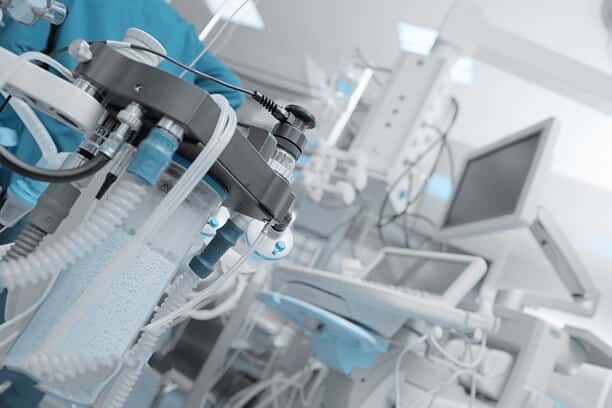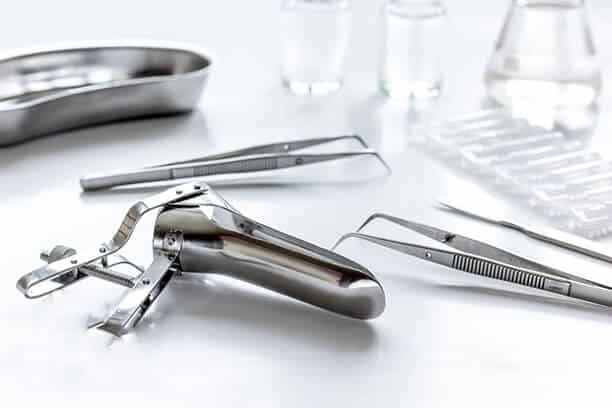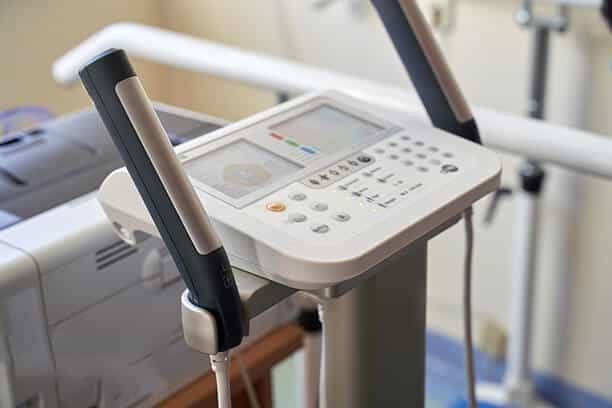The global COVID-19 pandemic has had a profound effect on businesses worldwide, causing disruptions in supply chains, travel restrictions, and shifts in consumer demands toward essential products. For CNC machining manufacturers, however, this challenging time may also present new opportunities.
In this article, we will explore the impact of the coronavirus pandemic on the CNC machining industry and share valuable tips on how to adapt operations to ensure the success and resilience of your business throughout and beyond this global crisis.
What are the impacts of COVID-19 on the CNC Machining Industry?
COVID-19 has had a significant impact on manufacturing industries and sectors globally. Various industries have been affected, including:
Medical & Healthcare Industries
As anticipated, the Covid-19 pandemic has led to increased demand for medical equipment like ventilators for pneumonia patients and Personal Protective Equipment (PPE). However, the demand is projected to vary across different markets worldwide. Consequently, the challenge is strategically relocating manufacturing facilities to the regions where such equipment is most demanded.

Governments in Europe and the United States have come to recognize that a significant portion of the essential supplies needed to combat the coronavirus outbreak, such as masks, ventilators, medicine, and medical equipment, are primarily produced in China. The sudden increase in demand, along with disruptions in transportation networks and reduced production capacities, has resulted in a critical situation where life-saving medicines and equipment are being delayed in reaching the locations where they are urgently required.
In order to address this issue, it is expected that the production of essential healthcare supplies will be shifted to the regions where they are most needed. This shift will involve the establishment of new manufacturing capacities and a reconfiguration of supply chains.
Learn More About Our Medical CNC Machining Capabilities
Aerospace Industry
The travel and tourism industries have been profoundly affected by the Covid-19 pandemic. The implementation of travel restrictions worldwide has transformed air travel from a luxury into a necessity. It is probable that only essential travel will be permitted for an extended period, leading to a significant impact on the demand for aircraft across various airlines globally. Consequently, the aerospace industry faces reduced requirements for manufacturing aircraft and engine parts.
Learn More About Our Aerospace CNC Machining Capabilities
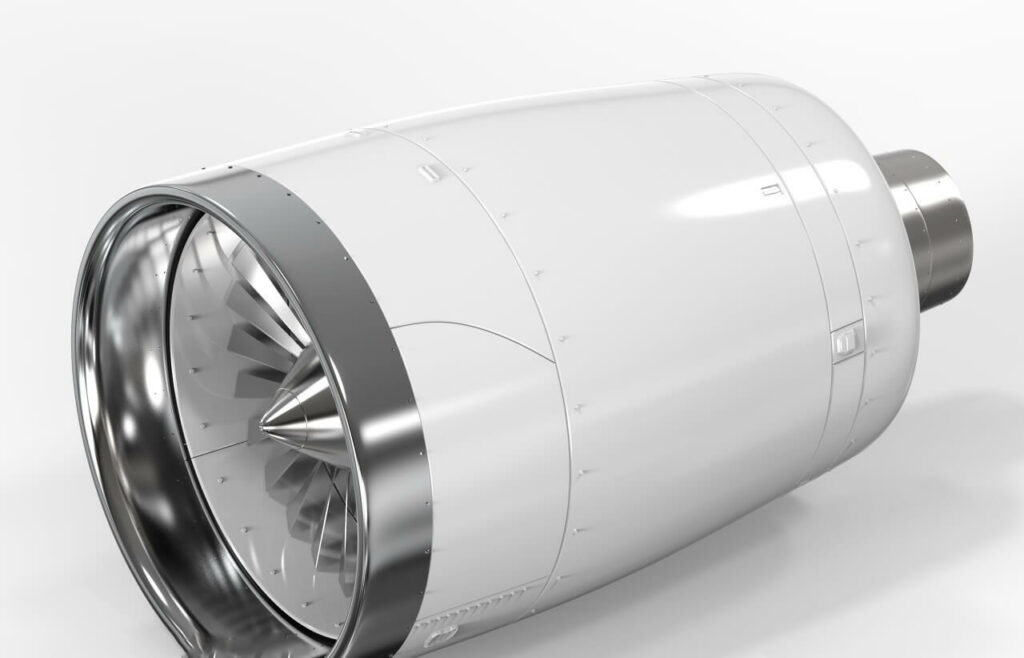
Automobile Industry
As for the automobile industry, it has already undergone significant transformations driven by global environmental regulations. These changes are expected to continue impacting the industry, particularly in terms of process supply chains and suppliers. The automobile sector will likely witness further adjustments in response to these evolving regulations.
The economic uncertainties faced by consumers are expected to result in a decrease in the demand for new vehicles. As a result, there has already been a noticeable decline in new car registrations across the globe, reflecting this trend.
In the short term, there will be an increase in demand for electric and hybrid vehicles. As consumers become accustomed to experiencing cleaner air in their surroundings due to lockdowns and movement restrictions, they will likely consider replacing their conventional petrol-powered cars with greener alternatives, such as vehicles utilizing hydro technology.
Learn More About Our Auto & Motorcycle CNC Machining Capabilities

Oil & Gas Industries
While the demand for oil products is expected to persist, it is anticipated that, temporarily, the demand may be lower compared to pre-Covid times. This is largely due to the decrease in air travel, reduced demand for new vehicles, and lower usage of existing cars as a result of the ongoing circumstances.
Nevertheless, it is expected that this situation will follow a cyclical pattern. In the long term, as demand gradually recovers across various sectors of the global economy, there will likely be an increase in the need for oil and petroleum-based products. This indicates that the demand for these resources will eventually rebound.
Learn More About Our Oil & Gas CNC Machining Capabilities
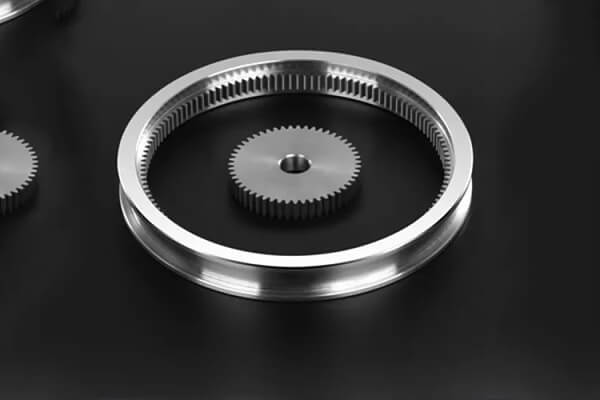
Communication Industry
The implementation of movement restrictions and lockdown orders has resulted in a surge in home-based learning and working from home. Consequently, there is now a greater need for improved technology to support these activities. Faster internet transmission and sufficient bandwidth have become more crucial than ever before. This shift in work dynamics will have an impact on how individuals equip themselves for remote work. There will be an increased demand for computers, smartphones, laptops, video conferencing cameras, wireless earphones, and various other electronic goods.
As a result, communication components typically manufactured through CNC machining technology will also experience a rise such as heat sinks, electronic enclosures, and electrical insulation.
Learn More About Our Communication CNC Machining Capabilities
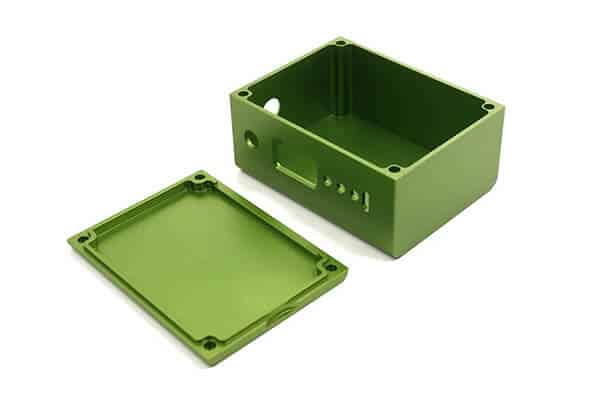
E-Commerce
The COVID-19 pandemic has seen a significant surge in the e-commerce industry. This growth has had a far-reaching impact on the value and supply chain, including a heightened demand for various components such as routers and servers, as well as transportation vehicles like trucks, ships, planes, and vans for efficient logistics.
Thus, the production of CNC machined components used for these devices is likely to continuously ascend to meet the growing demands of the e-commerce sector.
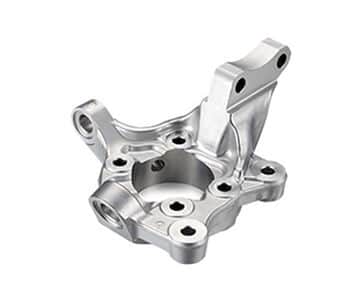
Strategies for Challenges Posed by COVID-19 in the CNC Machining Industry

The CNC machining industry has faced significant challenges due to COVID-19, but it has also presented new opportunities for manufacturers who are willing to adapt. In this section, we will explore strategies and ways in which CNC machining factories can adjust to the challenges posed by the coronavirus pandemic.
Flexible manufacturing for increased demand in CNC manufacturing
Manufacturers have consistently demonstrated resilience in their ability to adapt to shifts in consumer demand throughout history. A notable example is the transition from the once-thriving hard disk drive industry to gas and oil products that took place several decades ago. Similarly, the CNC machining industry can now consider shifting its focus from sectors like gas and oil to areas of higher demand such as medicine and other industries. By recognizing and responding to changing market needs, manufacturers can effectively navigate and capitalize on new opportunities.
In order for manufacturers to effectively pivot, it may be necessary to invest in advanced tools capable of handling flexibility and automation in the manufacturing process. By incorporating multi-axis CNC machines or smart CNC machine tools, the CNC machine shop can adapt to dynamic shifts in design, quality, and quantity. This proactive approach ensures that you are prepared for an ever-changing economy where adaptation and agility are crucial for success.
Manpower costs can be reduced significantly by applying flexible manufacturing approaches. Automation can be utilized to match specific manufacturing requirements and ensure compliance with safety guidelines. When choosing and designing automated systems, it is essential to prioritize not only speed but also system stability and ease of changeover. By doing so, your factory can maintain continuous operations with minimal human intervention.
A practical approach to implementing flexible manufacturing is by incorporating a flexible manufacturing cell (FMC). These cells are composed of various CNC machine tools, such as turning, milling, grinding, and measuring machines, which are combined together to optimize productivity on the shop floor. By structuring the manufacturing processes in this way, manufacturers can enhance flexibility, improve efficiency, and maximize output in their operations.
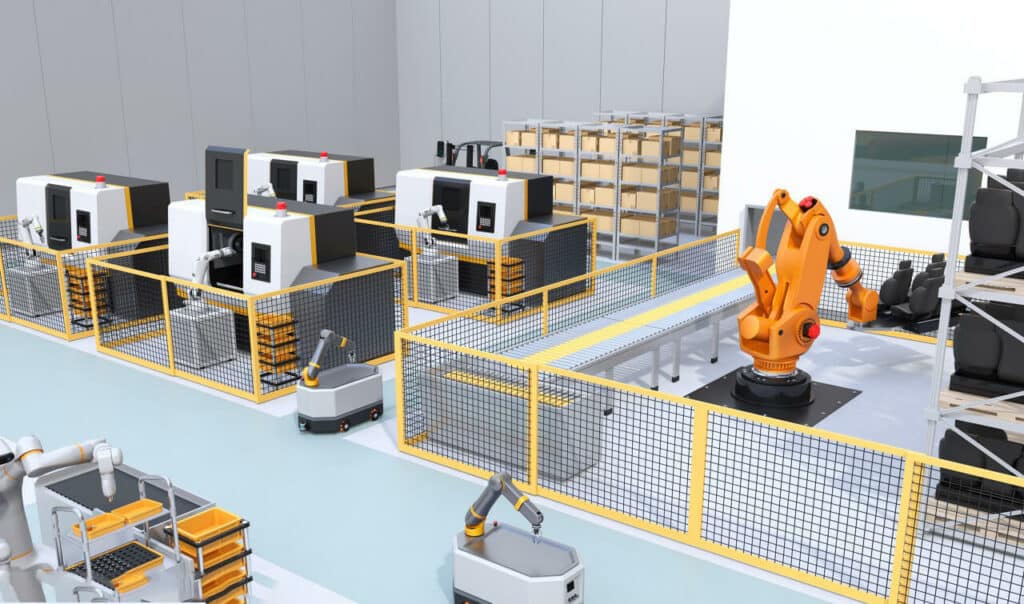
By leveraging multi-axis flexible machines and high-quality CNC machine tools, you can adapt to increased demand during an economic downturn by efficiently adjusting or modifying parts to meet new market requirements. To establish a flexible CNC manufacturing system, it is crucial for the system to accommodate the interchangeability of either the tools or the workpieces. Moreover, other essential features to consider include:
1. Repeatable and consistent production
This means being able to adjust the machine to accommodate changes in production volume, process sequence, design, and other variables. By ensuring the system has this capability, manufacturers can maintain reliable and standardized production levels while adapting to evolving requirements.
2. Flexible fixture and tool setting management
The internal software of the machine should continuously monitor the status of the tools. In cases where a tool is approaching the end of its service life, the system should provide timely warnings to minimize downtime. By implementing such monitoring and alerts, manufacturers can proactively address tool maintenance and replacement needs, ensuring smooth operations and reducing unnecessary disruptions in production.
3. Common programming standards
This involves adopting standardized operating parameters, ensuring that operators and engineers have access to the same files. As such, manufacturers can ensure that the same tools are utilized consistently and in a uniform manner, ensuring repeatable and consistent outcomes. This not only streamlines operations but also enhances overall efficiency and productivity in the manufacturing process.
4. Routine preventive maintenance
It involves implementing regular tasks such as clearing chips, cleaning exposed moving parts, and checking oil levels. Neglecting these maintenance tasks can have detrimental effects on flexible machining processes and result in decreased system efficiency over time. By proactively cleaning, replenishing, and replacing components, manufacturers can ensure the accuracy and long-term productivity of their machines. In fact, investing in routine preventive maintenance can lead to cost savings in the long run, potentially surpassing the initial investment made to purchase the machines.
5. Developing new innovations and technologies
For virtually all industries, it’s crucial to remain vigilant for new innovations and technologies that could create opportunities for manufacturing in-demand products in a cost-effective manner.
In the CNC machining industry specifically, it’s vital to consider retooling your machines to enable the production of high-demand components and parts. Can your factory adopt new manufacturing practices and incorporate automation to facilitate the modification of the parts being machined? By exploring these possibilities, you can position your business to meet evolving market needs and stay competitive in the industry.
As discussed before, there is a rising demand for medical supplies, which has led to unprecedented shifts in manufacturing. For instance, a company primarily involved in manufacturing engines for jets may be requested to produce respirators. Similarly, a perfume manufacturer could be approached to manufacture surgical wipes, and a craft gin distillery may be asked to utilize its existing equipment to produce hand sanitizer. These examples demonstrate how various industries are adapting and repurposing their capabilities to meet the urgent needs brought about by the pandemic.
The surge in demand for medical supplies, coupled with the CNC machining industry’s ability to respond to that demand, contributes to a positive outlook for the future of CNC machining. Actually, industry experts forecast significant growth in the CNC machine tool market. It is projected that between 2020 and 2024, the market will grow by $24.91 billion, with a compound annual growth rate surpassing 9%. These statistics highlight the promising prospects and expanding opportunities in the CNC machining industry in the coming years.
6. Exploring alternative manufacturing methods
The COVID-19 pandemic has resulted in significant disruptions and lockdown measures affecting supply chains and manufacturing processes worldwide. While some supply chains are recovering, others continue to face challenges. In such circumstances, emerging technologies, particularly digitally based options like additive manufacturing, offer valuable advantages such as flexibility, agility, and capacity. 3D printers, for instance, have played a critical role in stepping up to produce parts that were previously unavailable as a result of disrupted supply chains. This demonstrates how innovative technologies can fill the gaps and provide alternative solutions in times of crisis.
CNC machining is a valuable technology that can contribute to addressing disrupted supply chains. It allows for replacing parts that may have been traditionally sourced from heavily tooled industries facing limitations in meeting current demands. In situations where conventional manufacturing methods are unable to fulfill requirements, adopting alternative manufacturing methods, such as CNC machining, becomes crucial. By using CNC machining, these parts can be produced promptly and delivered to their intended destinations in a timely manner. This highlights the significance of flexible manufacturing approaches in ensuring the availability of essential components when and where they are needed.
7. Pandemic-driven collaboration in the CNC community
During the pandemic period, it’s crucial for global communities to unite, collaborate, and share ideas in order to realize innovative solutions. We can tap into our collective creativity and promote innovation by coming together and fostering teamwork. This applies not only within teams and organizations but also extends to cooperation between different companies, even those that may be considered competitors. By embracing collaboration and leveraging the synergy between people and technologies, we can achieve remarkable accomplishments and overcome challenges more effectively.
CNC Machining: Preparing for Post-Pandemic Growth
What is the outlook for manufacturing companies post-pandemic? Companies that mainly manufacture medical and pharmaceutical products will likely see continued demand, while traditional manufacturing is expected to grow as the pandemic subsides.
The manufacturing sector is expected to experience renewed growth in 2021 and beyond, as levels slowly return to pre-pandemic levels. Companies must diversify and prepare for future disasters in order to reach this point. Disruption-proofing the sector presents potential opportunities for machining companies, primarily through digital technologies such as digital twins and virtual blueprints. These allow for improved CNC programming with digital blueprints, such as G-code programs, and with the incorporation of 3D printing and other CNC-related technologies, machining companies can remain successful in a post-pandemic world.
Conclusion
For the CNC manufacturing field, the outbreak of Covid-19 also offers an opportunity to reassess and optimize your current factory operations. It’s crucial to thoroughly review your business operations and develop Business Continuity Plans (BCPs) that address your short, medium, and long-term needs. Also, consider the potential benefits of new technologies and innovations that could enhance your processes and increase operational efficiency. Additionally, take advantage of any downtime to invest in training your machine operators. By focusing on these steps, you can position your business to adapt and thrive in both the immediate and future business environment.
Work With Runsom Precision to Start Your CNC Machining Projects
At Runsom Precision, we specialize in providing high-quality custom CNC machining services. Our state-of-the-art manufacturing facility allows us to manufacture components that precisely meet your drawing specifications.
Whether you have specific material requirements or need custom CNC machining, we have the solutions to fulfill your needs. Get started on your CNC machining projects today by requesting an instant quote from us.
Other Articles You May Be Interested in:

